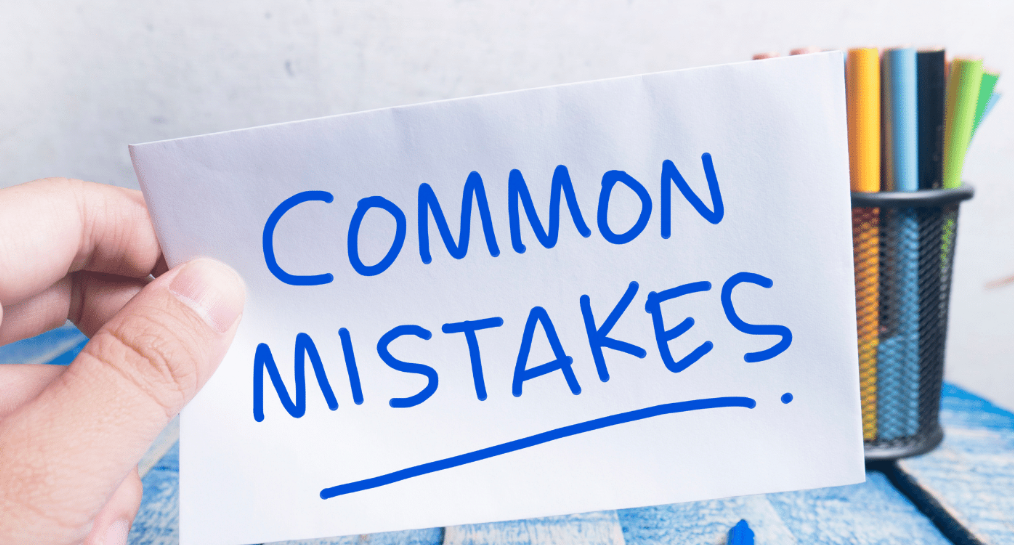
It’s always sad to see a business fail. Sometimes it’s because the basic idea was not a great one. But often it’s just because the entrepreneur made a couple of small mistakes.
A really crucial mistake is sourcing without due care and attention. You really need to set out to research:
• the market – that means both the overall market (how many dog owners in the US?) and the market on Amazon (how many sellers of dog harnesses?)
• the customer – who owns dogs? Men or women? How many dogs each? How many people have both dogs and cats? Where do they live? (That could be important; if dog owners usually live in houses with gardens, they’re probably not too bothered about getting a litter tray.)
• the selling price for similar products. You’ll want to look at the range of prices – where are you going to aim? Top or bottom of the market? You should also research what’s happened to prices over the last year or so. Don’t source a product if its price is in free fall.
• Who are the leading sellers/brands? If two or three sellers seem to have the market on Amazon locked up, you’re in a much weaker position than in a market with a lot of smaller sellers.
• The numbers. Don’t forget to build in Amazon fees (for storage as well as fulfillment) and shipping costs, plus advertising, as well as your product cost. Can you make money at the right price?
• And finally, check out that you’re approved to sell in the relevant product category before you source the product!
The next mistake FBA sellers sometimes make is that they just watch the product sell, and if it’s selling okay, that’s fine. You can’t be so lazy! You need to keep on top of the numbers, and that means profit numbers and costs. For instance, if your supplier tries to sneak in a price increase, will you still be making enough money? Is your ad spend under control?
Remember, although everyone focuses on sales, you’re not in business to sell things. You’re in business to make a profit.
If your FBA business is a side hustle, then it’s fine if you’ve made a profit after Amazon fees, product costs, and advertising. But if it’s a full time job, then you should pay yourself a salary, and make sure that you make a profit even once your staff (that’s you) has been paid.
Above all, don’t wait for the end of the tax year to do your accounts. Whether you do them yourself or hire a book-keeper, you need those numbers. Every. Single. Month.
Another number you need to have at your fingertips is inventory. If Amazon has too much inventory, you have a problem. But if Amazon has too little inventory, you also have a problem. You really need to stay on top of this and know just how things are going. (It really helps if you work out, at current sales levels, just how long your inventory is likely to take to sell out – then you can be in time, but not too early, with your next delivery.)
It’s also easy to ignore feedback, whether that feedback is good or bad. But don’t do it! First of all, if it’s good feedback, it might increase your understanding of your product. What was your customer’s problem? Why do they love your product? Did they have alternative uses for it to what you expected? You may be surprised at what you find.
If it’s bad feedback, it’s an improvement opportunity. First off, can you fix the issue for your customer? (If you’re responsive and get it fixed, you may even end up with a great review!) Secondly, if it’s something like not understanding how to use or install the product, can you improve the instructions?
If it’s bad feedback and it’s abusive, or includes personal details, you can ask for the feedback to be removed. Just open a case with support via Seller Central. Also, if you’re an FBA seller and you get bad feedback for late delivery, Amazon will remove the feedback and note that delivery was Amazon’s task so they take responsibility for it.
Don’t ignore customer messages. Amazon will find out, and your metrics will suffer. Eventually, that will affect your sales. Reply as quickly as you can.
The mistake some people make is that if a customer just said “Hi, I got all my stuff real quick,” you still ought to reply. Just send a message saying “Thanks for letting us know”. It’s polite, the customer will remember it, and Amazon’s little automated spies will see that you were being good.
(Yes, Amazon’s algorithms are like your Elf on the Shelf. Whatever you do, they see it.)
If you can’t do this yourself, get an outsourced assistant to answer all the easy messages and only send on to you the ones that need action.
Some Amazon businesses fail because Amazon bans them. That’s tough, because you’re locked out of Seller Central so it’s difficult even to appeal a ban. So don’t make the mistake of not keeping up to date on Amazon’s rules, or thinking you have found a way round them. Be good, know the rules and don’t break them!
Finally, we all have one friend who invented this and that and had this marvelous business idea… but never did anything about it. So don’t make that mistake. If you want to get started in FBA, don’t procrastinate!
